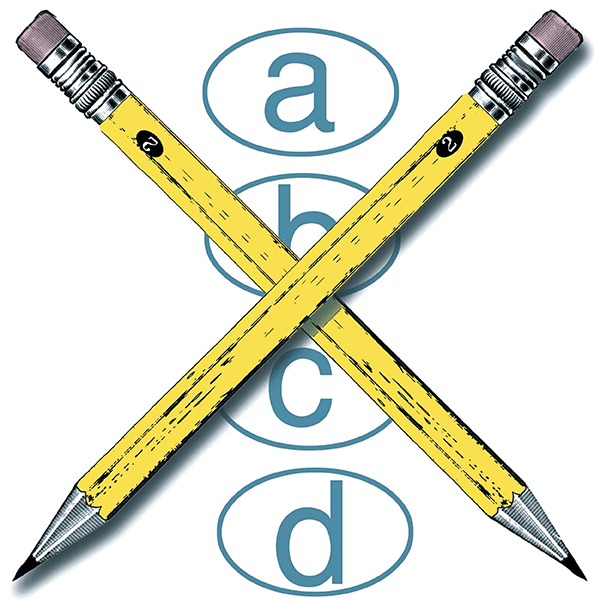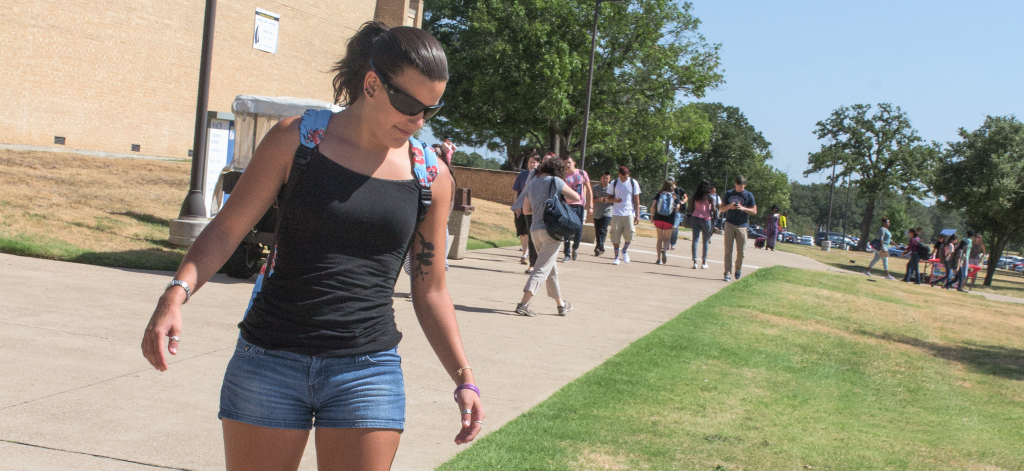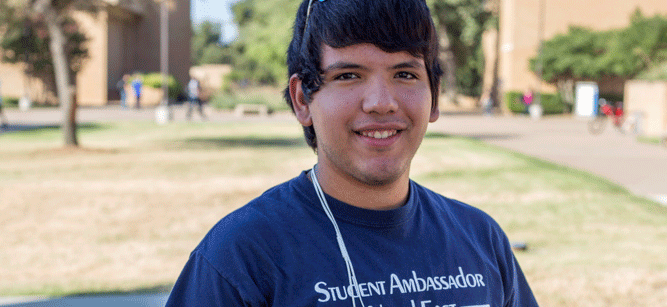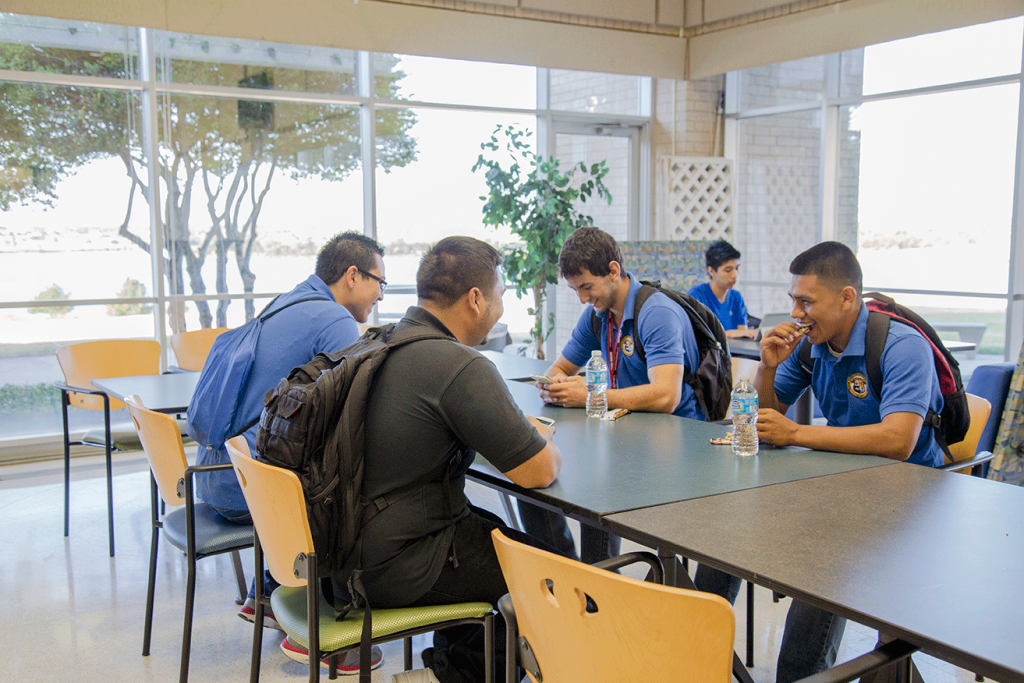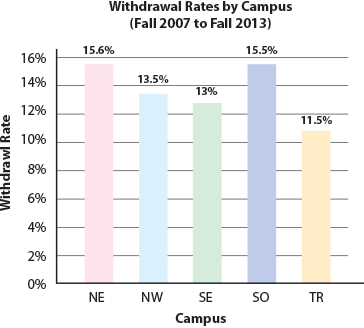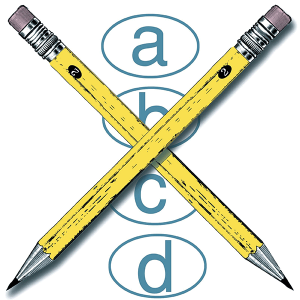
Standardized testing has the best intentions of measuring the success of students in the classroom. In reality, the practice results in students being educated only in test-taking skills.
Learning how to take a test is a valuable skill for students, but it doesn’t prepare them to transition into higher education.
School and district budgets are allocated in direct relation to test scores, a practice that drives curriculum away from a subject and to a test.
The tests have become the curriculum with teachers “teaching to the test,” instead of building lesson plans based on subject matter.
In 2013, Texas passed a bill that limits the number of benchmark exams districts can administer, according to the Texas Tribune. The story also points out a loophole — campuses can set their own number of practice tests.
Limiting the ways teachers can teach in classrooms limits the ability of students to learn.
High school classes have become an exercise in reading and answering multiple-choice questions about reading material. Students learn how to pick topics that won’t alienate a judge, meet a test’s structure requirements and use noncreative vocabulary.
This does not teach students to think critically about the material being taught, nor does this method show how to apply knowledge to a real-world application. Tests only take the answer into account, not how students arrive at the correct answer. For example, one number can be factored in several different ways, but the factors are the same, no matter how they are discovered.
Tests measure how much a student can regurgitate but are worthless at gauging analytical thinking.
High-stakes standardized testing is also hugely stressful.
Students must pass the state standardized test to graduate from high school and make good grades on the SAT to get into college, and each semester students’ finals could mean failing a course.
With high school classes teaching students how to take tests, students are not prepared for the college experience.
College courses require students to go above and beyond repeating what they have read.
Students need to analyze what they have read and draw conclusions from the material.
They need to learn how to write a college paper with citations, how to research a topic and how to best summarize what has been learned.
Techniques that teach students how to review and retain information would be much more useful than learning how to take a test.
Students should learn how to manage their own time, hold themselves accountable for their study habits and give themselves the tools to learn.
The pressure and stress of a high-stakes test leads to bad eating, sleeping and study habits in students, which in turn leads to lower test scores.
Standardized tests are supposed to reflect the success of an educational institution’s efforts to teach but instead reflect how well a student can cram or cope with poor nutrition and lack of sleep.
And from a teacher’s point of view, the temptation to “help” student scores can be irresistible. Just this month, The Dallas Morning News reported that teachers at a Dallas elementary school rigged the results by feeding students test answers.
It’s time to go back to learning — not taking tests.


























